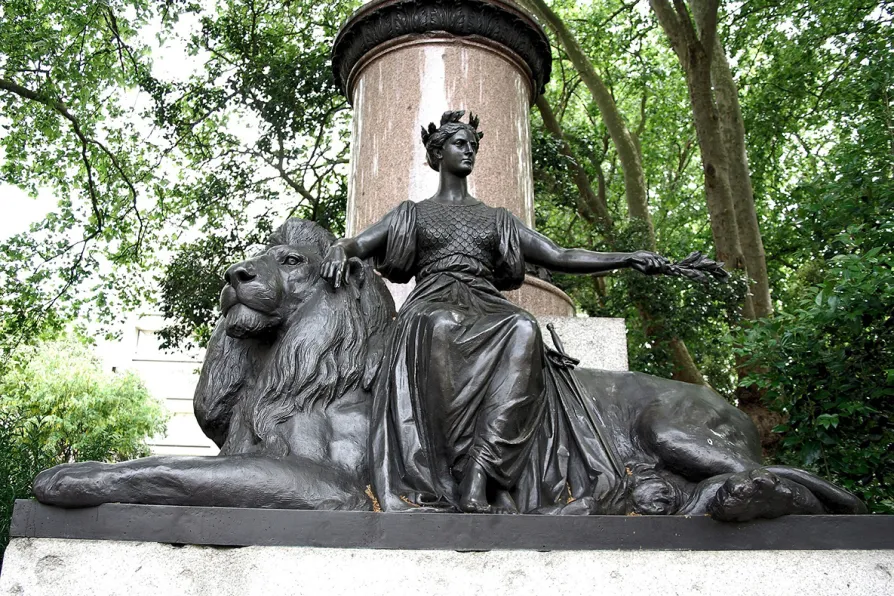NICK TROY lauds the young staff at a hotel chain and cinema giant who are ready to take on the bosses for their rights


AFTER something of a media and social media furore – largely confected as a culture war by the right, it might be suggested – the BBC has determined that Rule Britannia will be played at the Last Night of the Proms this year but without the words. Apparently the words will be back next year.
This suggests that the BBC is still on the page of thinking that Black Lives Matter is a moment not a movement.
Objections to the song came not just because of the words but also because of the nationalistic context it is now sung in.

Inspired by a hit TV show, KEITH FLETT takes a look at the murky history of undercover class war

It’s not just the Starmer regime: the workers of Britain have always faced legal affronts on their right to assemble and dissent, and the Labour Party especially has meddled with our freedoms from its earliest days, writes KEITH FLETT

The government cracking down on something it can’t comprehend and doesn’t want to engage with is a repeating pattern of history, says KEITH FLETT











